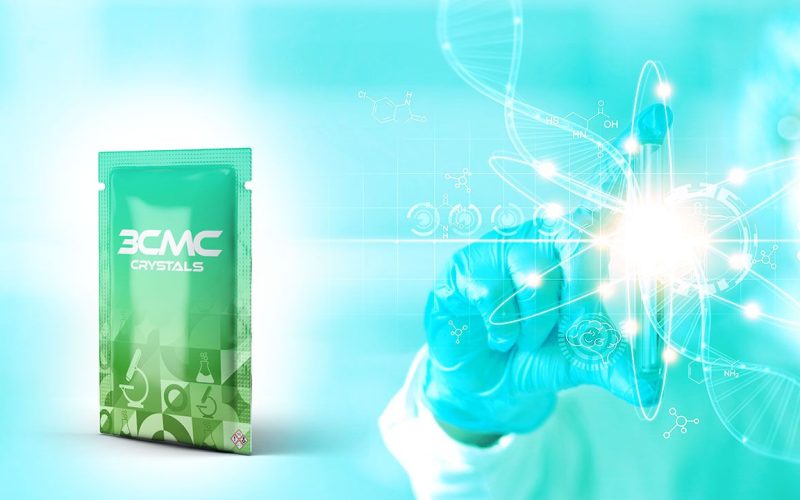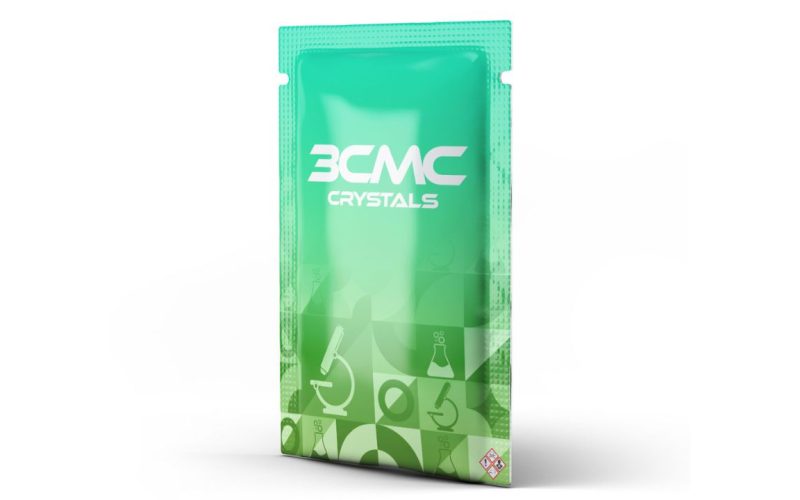3CMC vs Other Research Chemicals
Elevate your research with Aimimichem’s lab-tested chemicals. Discover purity and precision for groundbreaking results. Shop now for exclusive discounts and rewards
We only sell our products to customers aged 18 years or over, for purposes of research only.

3CMC vs Other Research Chemicals: A Comparative Analysis of Properties, Uses, and Regulations
In the diverse and complex world of research chemicals, distinguishing each compound’s unique properties, uses, and safety regulations is vital for scientific progress and compliance. Among these substances, 3CMC (3-Chloromethcathinone) has emerged as a notable compound due to its distinctive chemical structure and the specific interest it garners from the research community. This article aims to provide a detailed comparison between 3CMC and other research chemicals, drawing upon the expertise and practices of Aimimichem, a leader in the field specializing in 3CMC.
Chemical Structure and Pharmacological Effects
3CMC, a synthetic stimulant, is part of the cathinone class, sharing a core structure with naturally occurring khat but modified by adding a chlorine atom at the meta position of its phenyl ring. This alteration affects its pharmacokinetics and dynamics, making it a subject of interest for studies focused on its neurological impact compared to other cathinones such as mephedrone and methcathinone.
The unique structure of 3CMC suggests different interactions with neurotransmitter systems in the brain, particularly with dopamine and serotonin receptors. These interactions are pivotal in studying addiction, stimulant effects, and potential therapeutic avenues for treating disorders related to neurotransmitter dysregulation.

3CMC in Comparison with Other Research Chemicals
While 3CMC shares some similarities with other cathinones, it also presents notable differences, particularly in terms of potency and the duration of its effects. For instance, compared to mephedrone, 3CMC is often described as less potent but with a longer-lasting impact, which can influence its utility in long-term studies or prolonged experimental protocols.
In broader terms, when compared to other popular research chemicals like MDMA or LSD, 3CMC offers a more focused approach for researchers interested specifically in the stimulant properties and lesser-understood aspects of cathinone derivatives. This makes 3CMC an invaluable resource for specific scientific inquiries that other, more broadly researched compounds might not address as directly.
Regulatory and Safety Aspects
Aimimichem, based in the Netherlands and adhering to Dutch laws and REACH (Registration, Evaluation, Authorization, and Restriction of Chemicals) regulations, provides a benchmark for the distribution and handling of research chemicals like 3CMC. The company ensures that all its products, including 3CMC, are rigorously tested in labs to guarantee purity and safety for research purposes.
The legal landscape for research chemicals varies significantly across different regions, influencing how substances like 3CMC are studied and utilized. In some countries, cathinones are highly regulated due to their potential for abuse, while in others, their legal status may allow more freedom in scientific research. Aimimichem’s strict compliance with legal standards serves as a critical guide for global researchers to understand and navigate the complex regulatory environment.

The comparison between 3CMC and other research chemicals highlights the importance of understanding each compound’s unique characteristics and potential uses. Aimimichem’s dedication to providing high-quality, lab-tested 3CMC under strict regulatory compliance models the best practices in the research chemical industry. By maintaining high standards and open communication, Aimimichem supports the scientific community in exploring the potential of 3CMC safely and effectively, marking it as a distinct and valuable research chemical among its peers.
We only sell our products to customers aged 18 years or over, for purposes of research only.
Have Any Questions
We've answers
3CMC (3-Chloromethcathinone) differs from other research chemicals primarily in its chemical structure and pharmacological effects. It belongs to the cathinone class and is characterized by a chlorine group substituted at the meta position of the phenyl ring, which influences its metabolism and neurological impact. Unlike more common stimulants, 3CMC offers a unique profile useful for specific scientific studies.
3CMC is often preferred for research that requires a less potent but longer-lasting stimulant effect compared to other cathinones like mephedrone. Its unique impact on neurotransmitter systems makes it valuable for in-depth studies on addiction and stimulant effects, which can differ significantly from the shorter and more intense effects of other compounds.

